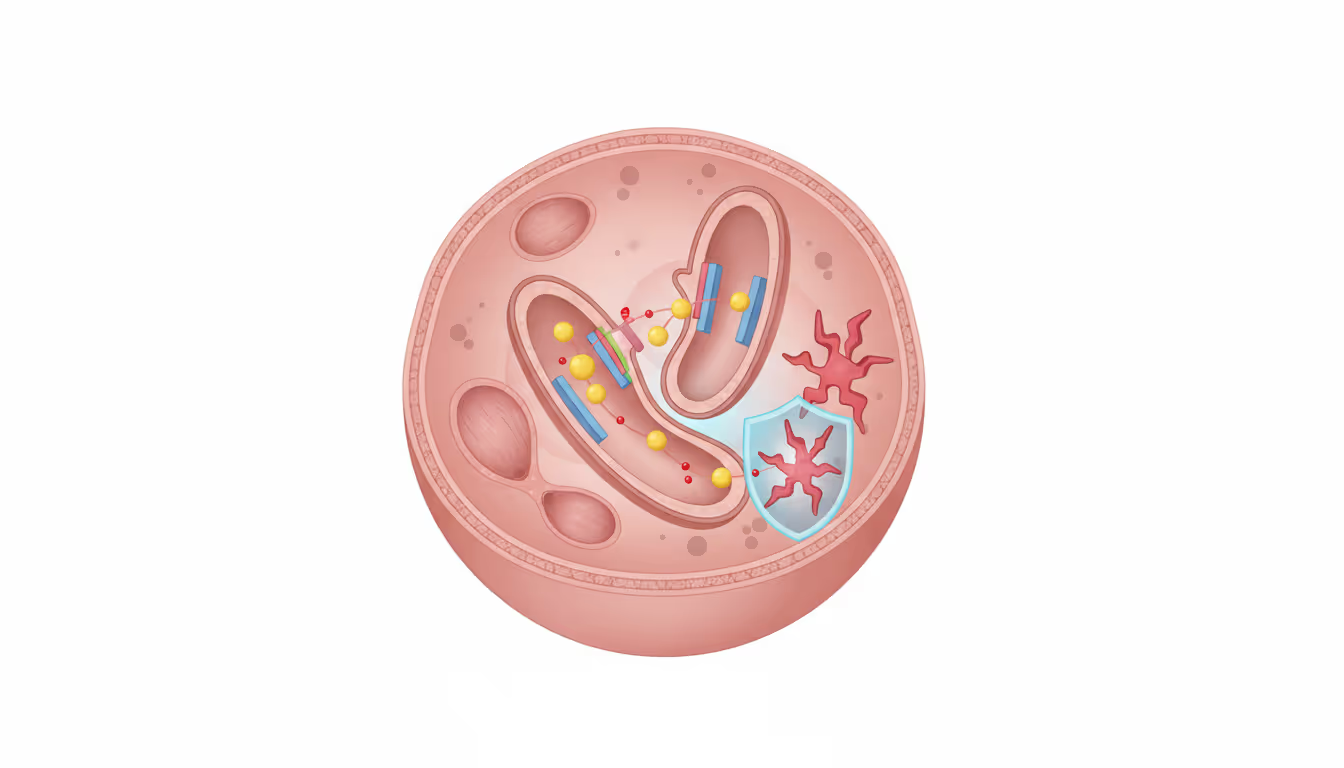
Coenzyme Q10 is essential for an enzyme's function, a protein that accelerates chemical reactions within the body. It plays a role in generating energy necessary for cell growth and upkeep. It's believed that Coenzyme Q10 enhances mitochondrial function, which are the energy-producing "powerhouses" of cells. Additionally, Coenzyme Q10 acts as an antioxidant, shielding cells from free radicals—highly reactive chemicals that can harm cells and their DNA. The heart, liver, kidneys, and pancreas contain the highest concentrations of Coenzyme Q10, while lower amounts are found elsewhere. Typically, Coenzyme Q10 levels decrease with age. In the United States, it's available as a dietary supplement. The "Q" and "10" in Coenzyme Q10 denote elements of its chemical structure. It is also referred to as Q10, vitamin Q10, or simply CoQ10.




